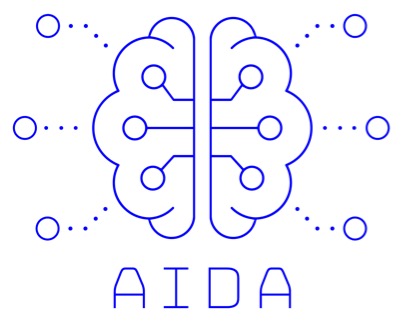About SRECC'22
Edge computing has emerged as an important paradigm that moves the computation and data storage of distributed services closer to users. The advent of 5G networks and the growing adoption of Internet of Things (IoT) devices lead to
more opportunities for data collection and processing with hybrid edge-cloud systems.
In this architecture, edge devices -- placed near where the data is being collected/accessed -- execute some of the processing while offloading other more complex work to the cloud, which is scalable on demand. The edge computing paradigm
aims at leveraging the computational and storage capabilities of edge devices while resorting to cloud computing services for more demanding processing tasks that cannot be done at the edge.
However, edge-cloud architectures are inherently large-scale, distributed, unreliable, heterogeneous and have deployments with security concerns. This leads to the emergence of significant challenges for the scientific community to
find solutions that provide all these characteristics.
The goal of this workshop is to bring together researchers and practitioners to discuss the current state of the art, emerging challenges and trends, as well as novel solutions, implementations and deployments of reliable hybrid edge-cloud
systems and applications.
The workshop is looking for submissions in the form of papers with no more than 6 pages describing novel contributions and results as well as experiments reports. The workshop welcomes contributions from both academia and industry.
All submissions will be reviewed by members of the workshop program committee, that will select the best submissions for presentation at the workshop. Regular papers will appear in the workshop proceedings published in conjunction
with the proceedings of ISSRE.
